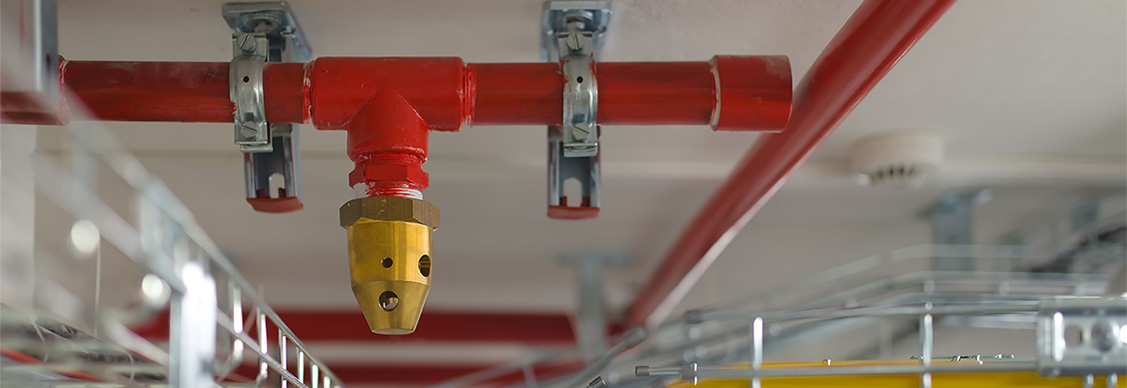Will data center fires spark tighter safety rules?
Recent data center fires raise serious concerns about the adequacy of current fire safety measures
Fire safety measures at data centers are under scrutiny following incidents that resulted in extensive equipment damage and major disruptions to digital services.
In September, a data center fire in Singapore disrupted numerous technology companies and damaged critical infrastructure, including battery rooms and power supply rooms. In the same month, India's largest telecom provider experienced a nationwide network outage due to a blaze at one of its data centers.
A similar incident two years ago at a data center in Pangyo, South Korea, engulfed batteries used in backup power systems, leading to a prolonged outage.
Many of these fires have been linked to the widespread use of lithium-ion (Li-ion) batteries in uninterruptible power supply (UPS) systems, which provide backup power for critical IT infrastructure during power outages.
“Li-ion batteries, while highly efficient for energy storage, pose a fire risk when the lithium gas is exposed to oxygen,” says Andrew Green, Regional Data Center Practice Lead, Asia Pacific, JLL. “The larger the data center, the more Li-ion batteries there will be.”
Despite the persistent threat of data center fires, there is still no global regulatory standard for data center fire safety.
Individual countries, such as the U.S. and UK, have their own regulations. The National Fire Protection Association (NFPA) provides guidelines in the U.S., while the Building Safety Act 2022 governs fire safety in the UK.
“But in most regions, data centers still operate under building regulations designed for general industrial facilities,” says Green.
The lithium-ion threat
A typical data center houses Li-ion batteries in dedicated battery rooms equipped with gaseous fire suppression systems that extinguish fires by lowering oxygen levels, while the UPS module is located in a separate plant room.
Although this setup significantly reduces the risk of fires spreading and affecting other systems, other design flaws or human error remains a potential threat, Green warns.
For instance, a government investigation into the 2022 South Korea data center fire found that the facility design failed to separate the batteries from the UPS. This design oversight, coupled with inadequate fire prevention procedures, worsened the impact as it prevented the backup power from functioning, resulting in the widespread outage.
To enhance fire safety, another common practice implemented by data centers is the installation of battery monitoring systems. These systems continuously test battery integrity and alert engineers if performance falls outside tolerance levels.
However, a lack of timely intervention could turn this into a vulnerability. “Delayed replacements of batteries or lapses in round-the-clock monitoring operations could still contribute to fires,” says Green.
Strengthening fire safety regulations
Data center operators are closely monitoring investigations into recent fires to identify potential vulnerabilities in their fire safety measures. This could expedite the development of new industry regulations and benchmarks, possibly within the next few years, according to Green.
But costs could be a barrier to progress. Given that most data centers rely on Li-ion batteries in their UPS systems, which typically have warranties of up to 15 years, battery replacement will be a recurring expense throughout the facility’s lifespan.
“From a business perspective, companies must balance the risk and expenditure,” he says. “For instance, they’ll need to consider whether they can afford to replace the batteries more frequently than their budgets allow.”
Proper regulation will be crucial for enforcing fire safety while balancing it with critical factors such as cost-effectiveness and energy efficiency.
“All these factors are equally essential for data centers to be resilient and operate without downtime,” says Green. “Neglecting any of these elements can result in significant repercussions for your data center operations.”
